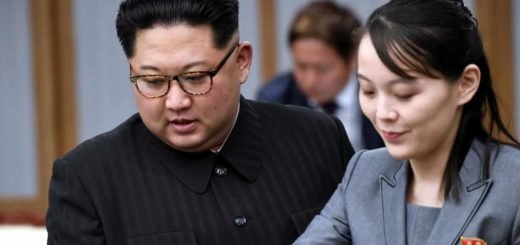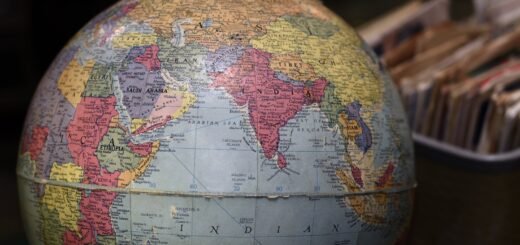Lessons from Tiananmen Square: A living testimony of the repressive Chinese Communist Party

The Tiananmen Square incident marked its 3rd decade today, and the horrors from the incident is a living testimony of the oppressive Chinese crackdown on fundamentals entitled to a citizen. The incident which took place on 4th June 1989 remains as one of the many crackdowns move made by the Chinese communist party to curb demonstrations and protests. Back in the day, the protest at Tiananmen Square was about the challenges which had emerged as a result of the new post-Mao period. The grappling conditions of autocratic measures taken up the party. The post-Mao period in China was exemplified with growing attributes of economic disparities and less democratic practices. The demonstration at Tiananmen Square was to voice against these antagonistic repressions. However, the Chinese PLA marched into the square and open fired to ‘control’ it. Even after 3 decades, the grip of the Chinese Communist Party and its policies towards public gatherings and ‘democratic’ processions seems not to have lessened but rather expanded to even Hong Kong.

The implementation of the National Security Law in Hong Kong has altered the fate of the city not only in terms of politics but the once economic hub of China has now become a deserted land of people with angst and dejection. People in Hong Kong have been observing the Tiananmen Square incident through various platforms, every year. However, all such gatherings have been halted this year on grounds of the pandemic. The actions do put the CCP policies under the limelight given the crackdown they have carried over the years. The vigil organized by the people of Hong Kong has been banned again this year citing reasons for the ongoing pandemic. Even the Museums were shut down with the Hong Kong security forces giving out warnings for any public gathering. But the events around the Tiananmen Square anniversary have turned into an unpleasant one as the vigil leader along with few members were arrested on grounds of violating the orders given by the Hong Kong Police forces. Prominent Barrister Chow Hang Tung, who had been organizing these vigil marches, along with several other members were arrested. The police forces have said to have arrested them on grounds of providing ‘unauthorized’ orders for ‘unlawful’ assemblies.
With the crackdown, the United States has expressed concerns about it. Jalina Porter, Deputy Spokesperson of the US State Department said, “Hong Kong and Beijing authorities continue to silence dissenting voices by also attempting to erase the horrific massacre from history.” The attempts of banning the vigil can be quoted to be a very regressed move to erase the history of the struggles of people who spoke against it.

The residents have reacted to this crackdown as the end of pro-democratic elements. The vigil around the incident has stood out as an attempt to show the Chinese authorities that despite the autocratic measures, the elements of democracy have existed. But the implementation of the NSL in Hong Kong gives out a reminder of the Chinese policies to repress any elements of democracy. The Tiananmen Square was an effort to voice out the indiscrimination against fundamentals that ought to be given to the entitled citizens. But despite 3 decades since the incident, very little has changed when it comes to the political setting of mainland China. The slow expansion of these repressive measures to sustain what is only propagated by the party testifies to the fate which now awaits not only mainland China but Hong Kong, at large.


















